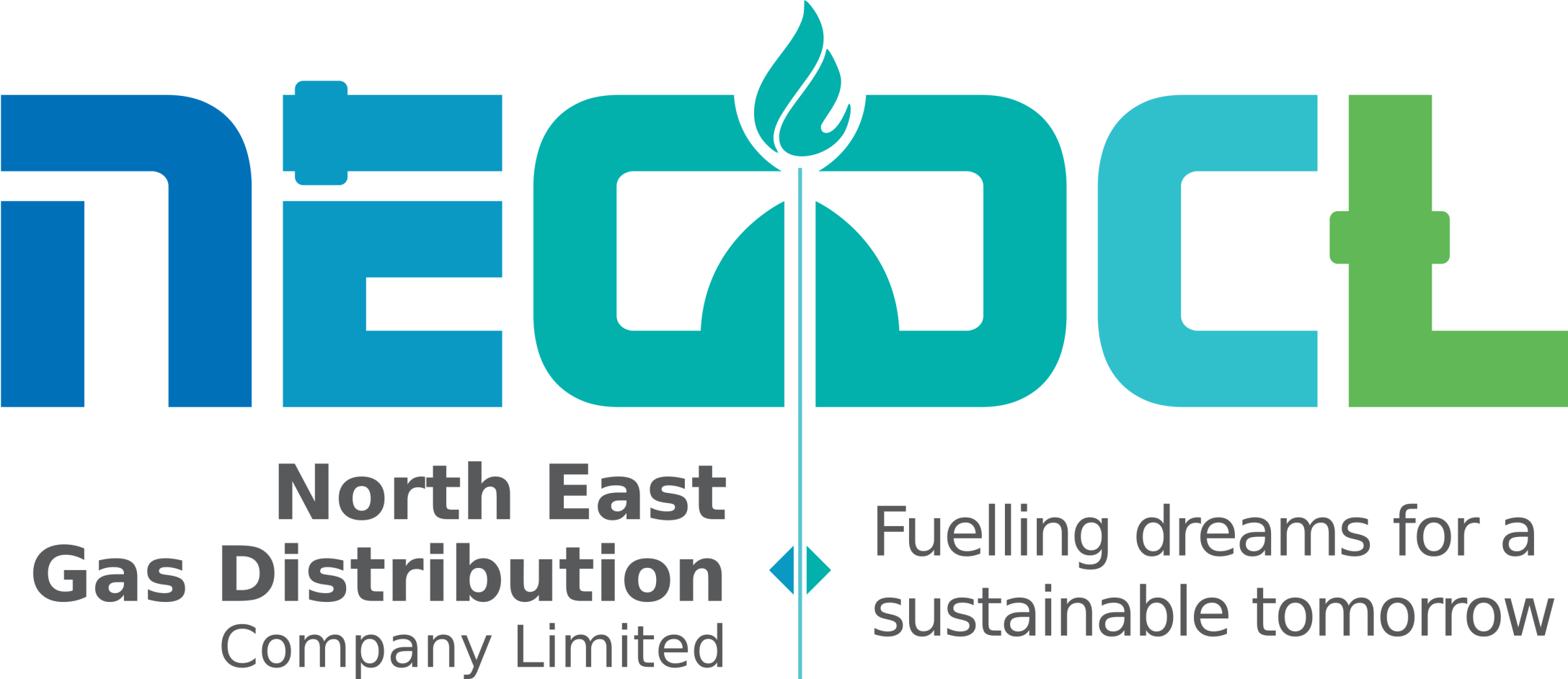CNG stands for Compressed Natural Gas. It is a clean-burning alternative fuel primarily composed of methane, compressed to less than 1% of its original volume for storage and usage.
CNG is primarily methane, while LPG consists of propane and butane. CNG is stored under high pressure, whereas LPG is stored in a liquefied form.
- Environmentally Friendly: CNG produces fewer harmful emissions compared to petrol or diesel.
- Cost-Effective: CNG is cheaper than other fuels.
- Engine Longevity: It causes less wear and tear on engine components.
- Safety: CNG is lighter than air, so it disperses quickly in case of a leak, reducing fire risk.
CNG conversion is suitable for all petrol vehicles with carburettor, turbo, injection, and catalytic engines. Most vehicles equipped with CNG kits can seamlessly switch between CNG and petrol using a toggle switch on the dashboard.
No, CNG combustion does not produce carbon residues, which contaminate engine oil. It helps enhance plug life, reduces engine wear, and keeps engine oil properties intact even after many thousands of kilometers.
CNG tanks are made from high-strength steel, rigorously tested, and designed to withstand high pressures. They are equipped with safety burst discs to release pressure if needed. Regular maintenance ensures safety.
The range depends on the vehicle model and tank size. Typically, vehicles can travel between 200-300 km on a full tank.
The cost varies depending on the kit type and brand, usually ranging between ₹35,000 and ₹60,000 in Assam & Tripura.
- Lower Fuel Efficiency: CNG offers slightly lower mileage compared to petrol.
- Reduced Boot Space: The CNG cylinder occupies significant space.
- Limited Availability: CNG stations are not as widespread in some regions of Assam & Tripura.
Refuelling a CNG vehicle typically takes 3-5 minutes, depending on the station infrastructure and tank capacity.
The lifespan of a CNG cylinder is typically 15-20 years, depending on the manufacturer's specifications and proper maintenance.
Still have questions?
Can’t find the answer you’re looking for? Please call to our friendly team.
Contact Us
